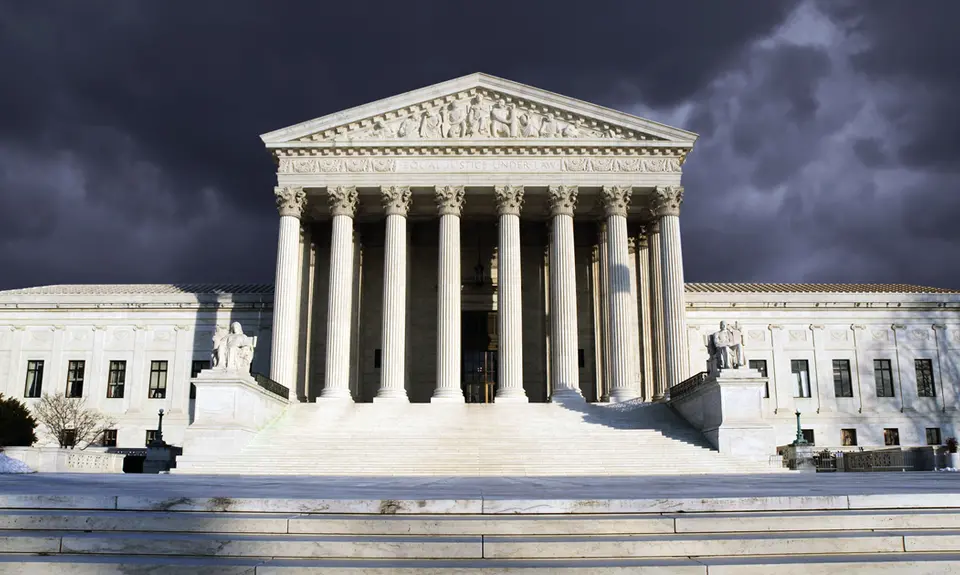“Confirmed Judges, Confirmed Fears” is a blog series documenting the harmful impact of President Trump’s judges on Americans’ rights and liberties. Cases in the series can be found by issue and by judge at this link.
Trump Seventh Circuit Judge Amy St. Eve wrote a decision that reversed a decision by a district judge nominated by President Reagan that allowed a group of female employees at the Cook County jail and courthouse to represent almost 2000 such employees who, they contended, were subjected to a hostile work environment in which they were sexually harassed by male prisoners as a result of county policies. The March 2021 decision is in Howard v Cook County Sheriff’s Office.
Sdahrie Howard is a corrections officer and one of ten female employees at the Cook County, Illinois jail and courthouse complex who filed suit on behalf of themselves and other female employees there. They are challenging county policies that they contend result in a hostile work environment in which they are subject to “frequent and extreme” sexual harassment by male prisoners. According to the complaint, among other misconduct, the male prisoners “grope and grab them,” “threaten and commit sexual violence against” them, commit lewd acts of exposing themselves, and “direct sexual remarks and gestures at them” on a “daily or near daily basis throughout” the complex.
The complaint contended that the hostile work environment and the county’s policies violate Title VII and other civil rights laws. US District Judge Matthew Kennelly, who was nominated by President Reagan, certified a class including all female non-supervisory employees at the jail complex who come into direct contact with male prisoners, numbering just under 2000. The county claimed the case should not be allowed to proceed as a class action on behalf of the group of women and were allowed to appeal the class certification order.
Trump judge St. Eve wrote in a decision for a three-judge panel of the Seventh Circuit that Judge Kennelly had committed an “abuse of discretion” by certifying the class. St. Eve concluded from the record that the women had endured a “wide range” of types of harassment in “different working environments” within the complex, requiring “separate, individualized analyses” and making a class action inappropriate. The district court had erroneously relied on what St. Eve called the “peripheral and overbroad” concept of “ambient harassment.” In addition, she went on, even though the fact that control over the complex is “centralized” and its policies are “uniformly applied,” the issue of employer liability for such policies is not a “common question that predominates” sufficiently to overcome differences among class members.
Judge Kennelly, however, had clearly recognized that there were “differences among the class members’ work environments” in his initial opinion certifying the class. But the “glue that binds” the employees’ “claims together,” he continued in his comprehensive opinion, are the county’s “common policies,” such as policies under which the defendants “rarely discipline inmates for harassment, ignore complaints from their employees, and fail to train supervisors to respond appropriately” to harassment by prisoners. The employees contended that these common policies, Judge Kennelly explained, create “a common mode of exercising discretion that pervades” the entire complex, which is sufficient to warrant class certification even under restrictive Supreme Court and other decisions on class actions. Any important individualized issues, the judge went on, can be “appropriately resolved after the class phase,” an alternative that St. Eve’s opinion did not address. Although St. Eve spent considerable time addressing the “ambient harassment” issue, i.e. working in an environment highly permeated with sexually offensive and degrading behavior” whether or not particular instances of harassment are “specifically directed” at specific employees, that issue became far less relevant when the district judge narrowed the class to clearly exclude employees who “lack contact” with male prisoners.
The future of the case remains unclear. St. Eve’s opinion suggested that after the case was sent back to the district court, “[c]onceivably,” a small number of female employees “could band together” as a “smaller class.” At least as of now, however, the case is yet another example of Trump and other conservative judges interpreting class action rules extremely narrowly to make it harder for victims of discrimination and other misconduct to get justice. One of the judges who joined St. Eve’s opinion was Reagan appointee Joel Flaum, who has recently taken senior status, giving President Biden a significant opportunity to nominate a fair-minded constitutionalist to this important court.
